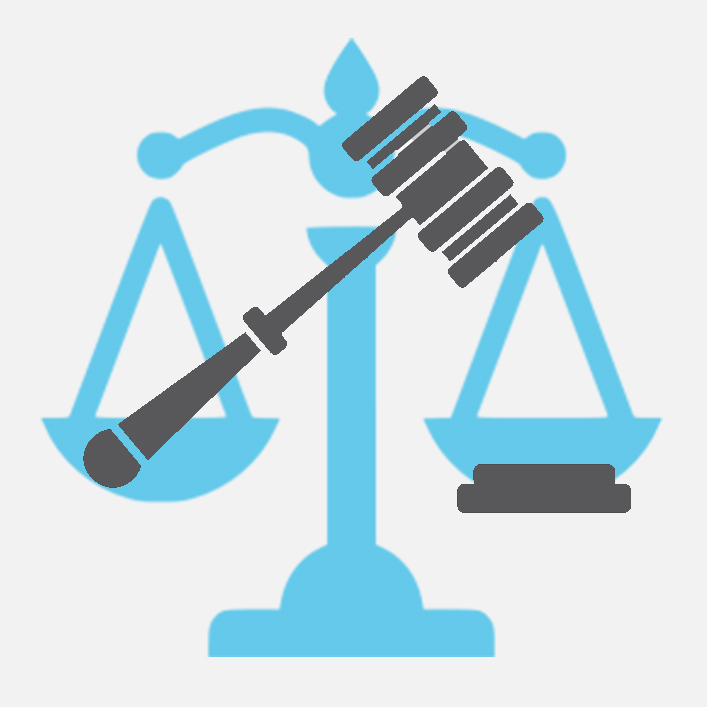When having to go through bankruptcy, there is often worries about child support obligations, as a bankruptcy attorney Memphis trusts can explain. However, the obligations of child support receive special treatment when dealing with bankruptcy. You are not able to get rid of all of their child support debt simply by filing for bankruptcy. If you have fallen behind on child support payments, there are other ways to catch up on any missed payments, however, filing for bankruptcy is not the answer for being behind on child support.
Bankruptcy and Child Support
There are specific types of debt, which are known as priority debts, that Congress has declared as too important to get thrown up when someone files for bankruptcy. One of these priority debts is child support; child support is not able to be discharged through bankruptcy. What this means is that even if you finish your bankruptcy case and receive a discharge, you are still held responsible to pay for all of your child support payments. If you were behind on paying your child support obligations before you filed your bankruptcy case, you will still be required to pay back the full amounts that are due.
Child Support vs. Other Types of Debt in Bankruptcy
Priority debts are not only nondischargeable but they also receive special treatment when going through bankruptcy. Depending on the type of bankruptcy being filed, there are special circumstances for each type of bankruptcy.
-
Chapter 7 Bankruptcy: A Chapter 7 bankruptcy is defined as a the discharge of debts. In this type of bankruptcy, you either give up or pay for your property for secured debts. In a Chapter 7 bankruptcy, priority debts are paid out before any other debts. Child support is even paid out before any other priority debts as well.
-
Chapter 13 Bankruptcy: A Chapter 13 bankruptcy is not trying to get rid of all of the accumulated debt completely, but to either restructure your payments to be more manageable or get rid of some of the debt to make the payments more manageable. In terms of child support in a Chapter 13 bankruptcy, all of your child support payments that you were behind on will need to be paid back in full through your new repayment plan. A Chapter 13 bankruptcy is not able to exceed five years, so if you have a large amount of unpaid child support payments, your monthly plan payment may be very high.
Regardless of the type of bankruptcy you file, you are responsible for making child support payments throughout the bankruptcy.
Automatic Stay and Child Support
After you have filed for bankruptcy, the automatic stay makes it illegal for most creditors to collect debt from you. A company will need to get permission from the court in order to try to collect during bankruptcy. However, the automatic stay does not apply to child support. The following are things that is not prohibited by an automatic stay:
-
Establishing or changing child support
-
Collecting child support from property not part of the bankruptcy estate
Thank to our friends and contributors from Darrell Castle & Associates, PLLC for their insight into bankruptcy.
